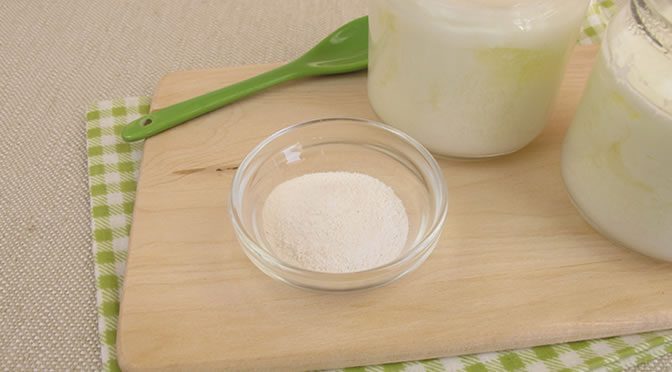Food supplement reduces cravings for high calorie foods such as pizza, chocolate and cake.
Inulin-propionate ester is a new supplement developed by scientists in the UK which can help to turn off food cravings.
This type of fibre depends on a molecule produced by gut bacteria which signals the brain to lessen hunger.
Previous studies show that inulin — a type of fibre — can reduce appetite by causing gut bacteria to release a compound called propionate.
Now, the new formula inulin-propionate ester, when compared to inulin alone, has been found to release much higher amounts of propionate in the gut and so have a bigger effect on appetite and weight loss.
To see the effect of this supplement on the brain and feeling full, participants had an MRI scan after drinking a milkshake contained inulin-propionate ester.
The volunteers had to look at pictures of low or high calorie foods such as fish, vegetables, salads, pizza, cake and chocolate.
Their brain scans showed that when participants looking at the high calorie food pictures, there was activity in parts of the brain related to rewards.
These areas are in the centre of the brain and they are associated with motivation and cravings for food.
The volunteers also rated the high calorie foods as less appealing than the other types of foods.
In the second test, a bowl of pasta with tomato sauce were given to these participants.
Those who unknowingly drank the milkshake contained inulin-propionate ester ate 10 per cent less pasta compared to the subjects who took only inulin alone in the milkshake..
Overall, daily supplementation of inulin-propionate ester to the diet of the overweight volunteers lead to less weight gain than those who took only inulin with their meals.
Professor Gary Frost, senior author of the study, says:
“Our previous findings showed that people who ate this ingredient gained less weight — but we did not know why.
This study is filling in a missing bit of the jigsaw — and shows that this supplement can decrease activity in brain areas associated with food reward at the same time as reducing the amount of food they eat.”
To produce similar propionate in the body we need to eat 60g fibre per day which would be difficult.
Professor Frost explains:
“The amount of inulin-propionate ester used in this study was 10g — which previous studies show increases propionate production by 2.5 times.
To get the same increase from fibre alone, we would need to eat around 60g a day.
At the moment, the UK average is 15g.”
Dr Claire Byrne, the first author of this study, suggests that adding the inulin-propionate ester as a food ingredient can be beneficial:
“If we add this to foods it could reduce the urge to consume high calorie foods.”
This study was published in American Journal of Clinical Nutrition (Byrne et al., 2016).
Inulin powder image from Shutterstock
